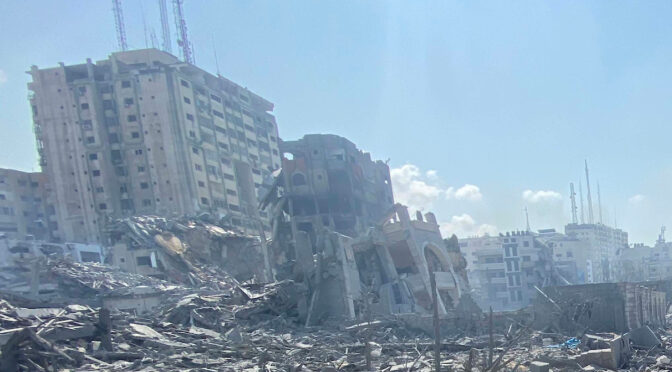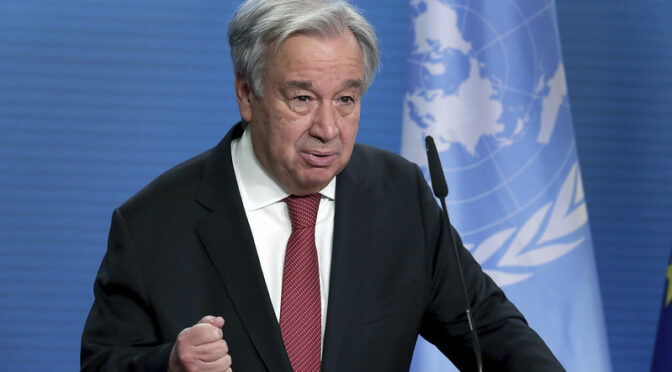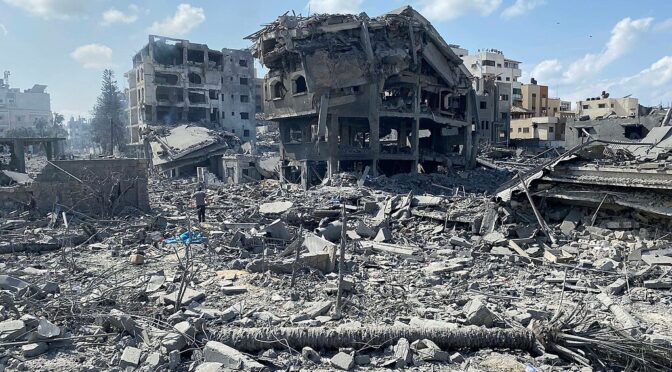Article published in The Daily Express, 28 October 2023. © Richard Kemp
After three weeks of air strikes to destroy the Hamas terrorists and infrastructure in Gaza, the IDF has now moved the war into a new phase.
On Friday the IDF bombardment of terrorist targets intensified and internet and mobile communications were cut off. That night a significant armoured force attacked into the Gaza Strip.
In Gaza, the IDF has two conflicting objectives. The first is to annihilate all groups of armed terrorists in the Strip.
The second is to locate and rescue the hostages Hamas kidnapped three weeks ago.
The presence of the hostages constrains the IDF from applying the full extent of its military power. Equally, Israel’s ground and air operations are constrained by the presence of civilians in northern Gaza.
The IDF has warned them to leave but many remain and the IDF will do all it can to avoid killing or wounding them. But given Hamas’s tactic of fighting from among the population, such deaths are sadly inevitable.
As civilian casualties mount, Israel will come under growing pressure to halt its ground operations. Calls for a ceasefire to allow humanitarian aid will also increase.
Israeli leaders put a high priority on protecting innocent lives and will do all they can to stop civilian suffering. But it is essential the IDF doesn’t allow its mission to defeat Hamas and rescue the hostages to be impeded. The lives and security of the Israeli population is at stake.
Challenging though this operation in Gaza is, it is far from the only immediate threat Israel faces. In the north, Lebanese Hezbollah has 150,000 missiles pointing at Israel’s civilian population.
Over the last couple of weeks there have been intense attacks by these Iranian-controlled terrorists, to which Israel has replied with air strikes. Continue reading







